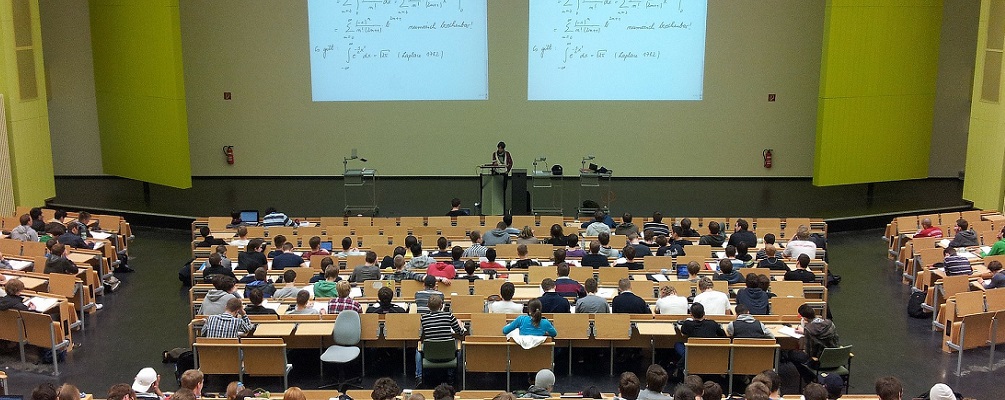
It’s Wrong For Students To Cheat, But What About University Professors?
When it comes to ethics at a university level, your first thought might be concerning plagiarism issues from students’ papers. However, it’s important to take a closer look at the ethical standards that university professors should be held to.
Yes, everyone knows it’s wrong for students to cheat, whether it’s copying homework or hiring a service to write their term paper. What happens when professors are the ones cheating?
Sadly, this does happen. The next step is figuring out how wide spread this problem is and what can be done about it.
University Ethics Issues
Before getting into how to solve this problem, let’s take a look at some real examples of ethics problems with university professors.
The Chronicle of Higher Education lists several examples of professors who tried to get ahead in their careers by cheating. For instance, Matthew Whitaker, who was accused of plagiarism multiple times, resigned his tenured position at Arizona State University.
Mustapha Marrouchi, a professor at the University of Nevada at Las Vegas, was fired due to a career filled with plagiarism. After the investigation concluded, it was discovered he plagiarized 23 out of 26 papers.
It’s not just plagiarism, though. Some professors alter results of experiments as a way of getting ahead of their peers. This can lead to coveted tenure positions or higher-level positions at prestigious universities.
Inspiring Cheating In Students
Sadly, ignoring this type of behavior can affect a professor’s students. The Chronicle of Higher Education mentions a study that shows 40% of university faculty members ignore many incidents of student cheating. Why? It was too much of a hassle to report and deal with it. The same mentality holds true when it comes to students or faculty members encountering cheating among professors.
Failing to report a student cheating has additional repercussions. For example, a teaching assistant was advised not to report a cheating student by his professor. This created an ethical dilemma for the teaching assistant and showed the student that it was okay to cheat.
Many professors admit that they actually cheated as students too. This has led them to let students off the hook. It can also lead them to ignore cheating when their fellow professors cheat. When professors ignore ethics, they set a bad example for students. After all, if professors aren’t held accountable, then why should students?
Being Held Accountable
The best way to prevent cheating among professors is to have a system of accountability in place. First and foremost, it should be easy to report incidents of cheating without being afraid of revenge from a fellow professor.
An anonymous ethics hotline is often the best solution. This allows an investigation to take place quietly without anyone knowing who reported the issue.
Of course, universities must have a clear policy in place for what is and isn’t considered cheating along with what the consequences will be. Taking a stand now could very well create a new generation of professors and students who value integrity over the easy path of cheating their way to success.
